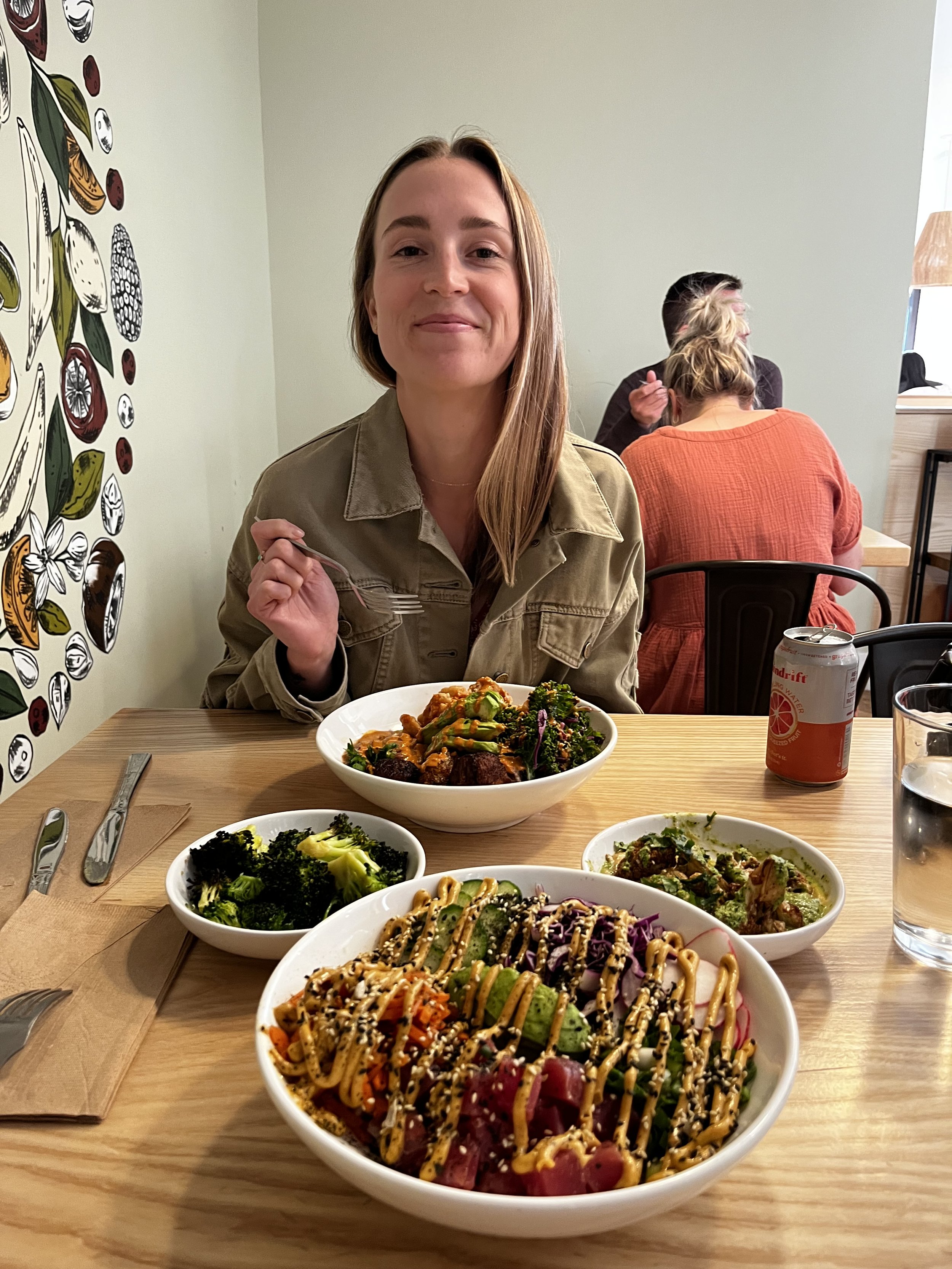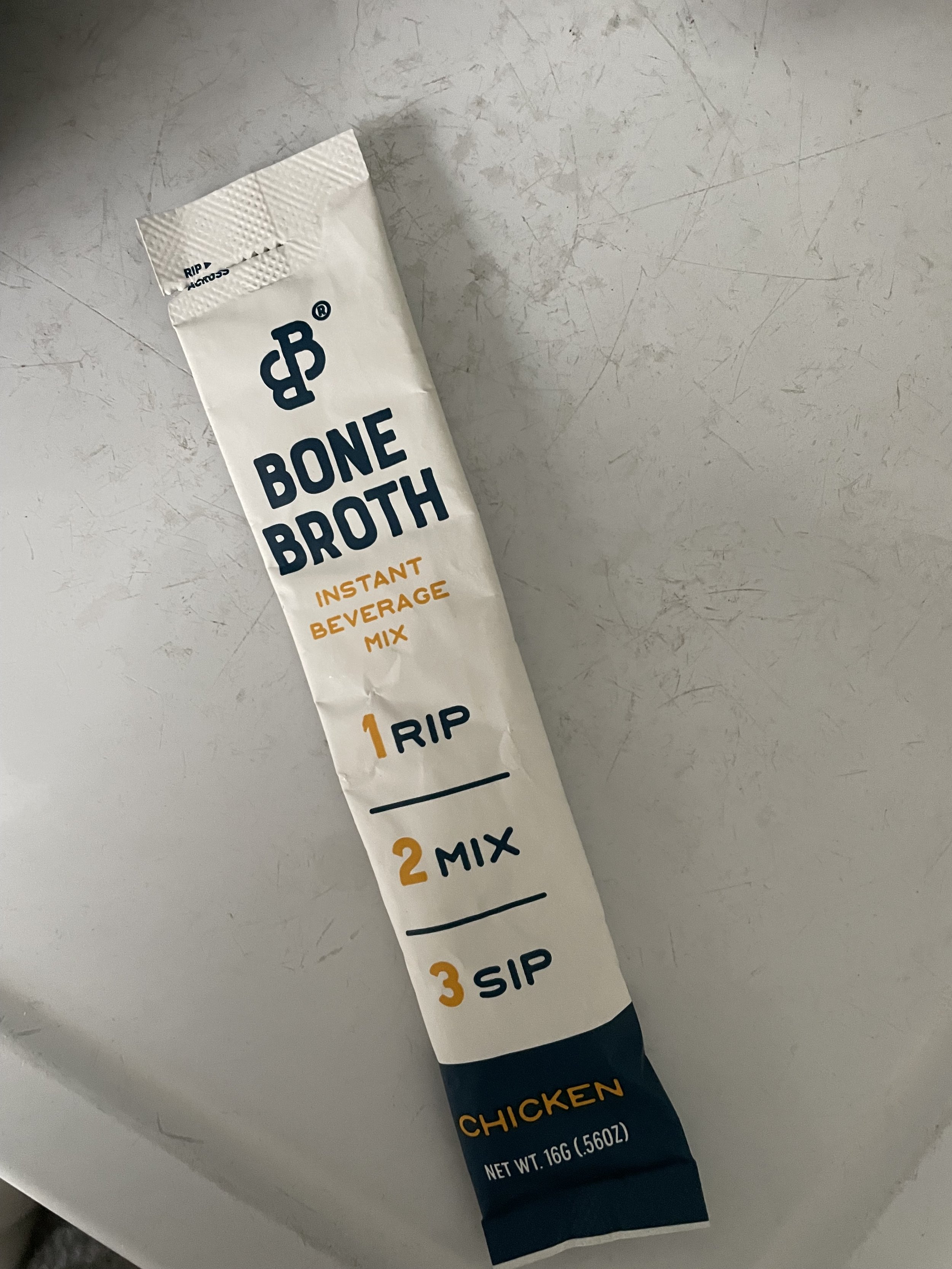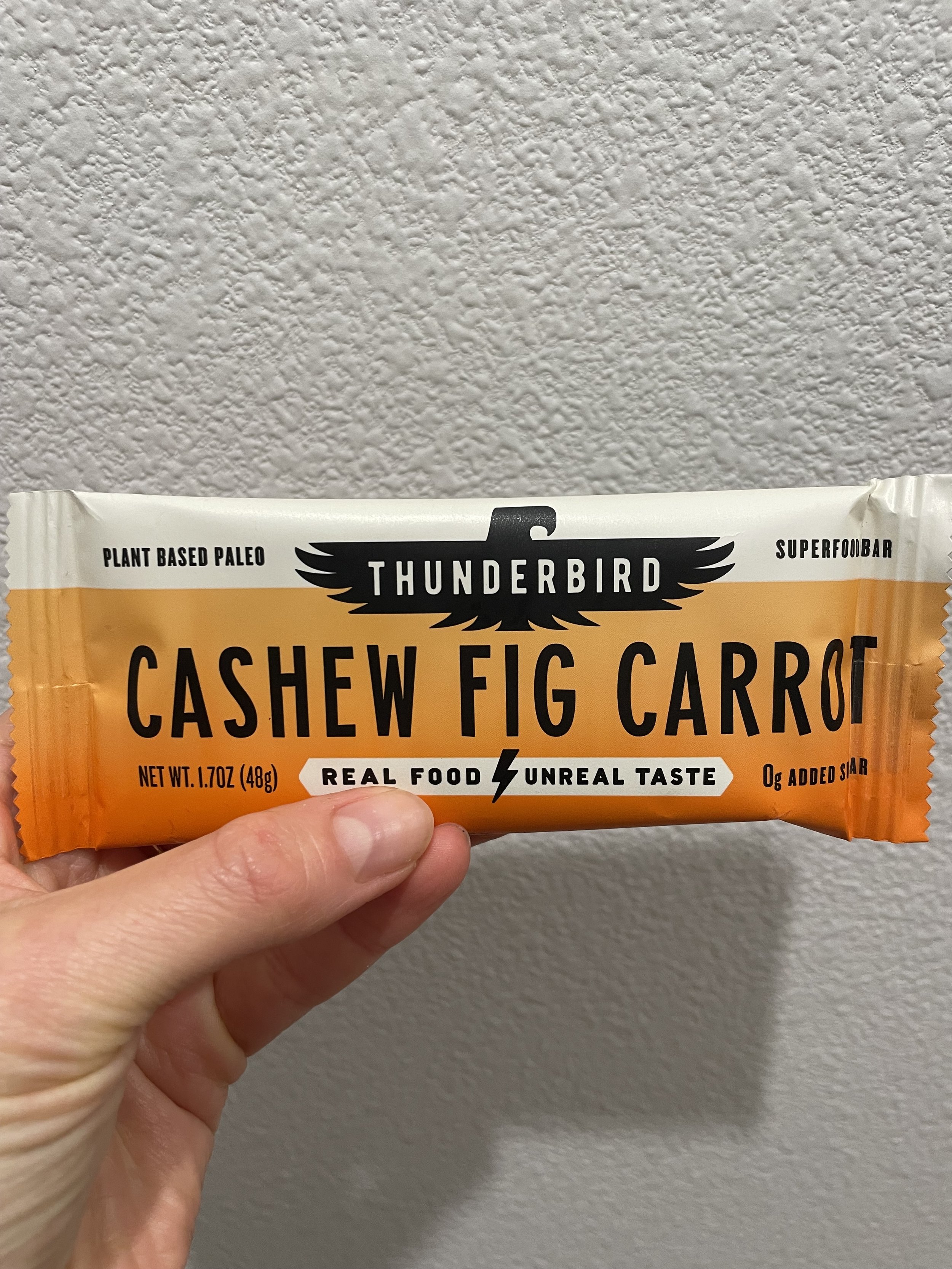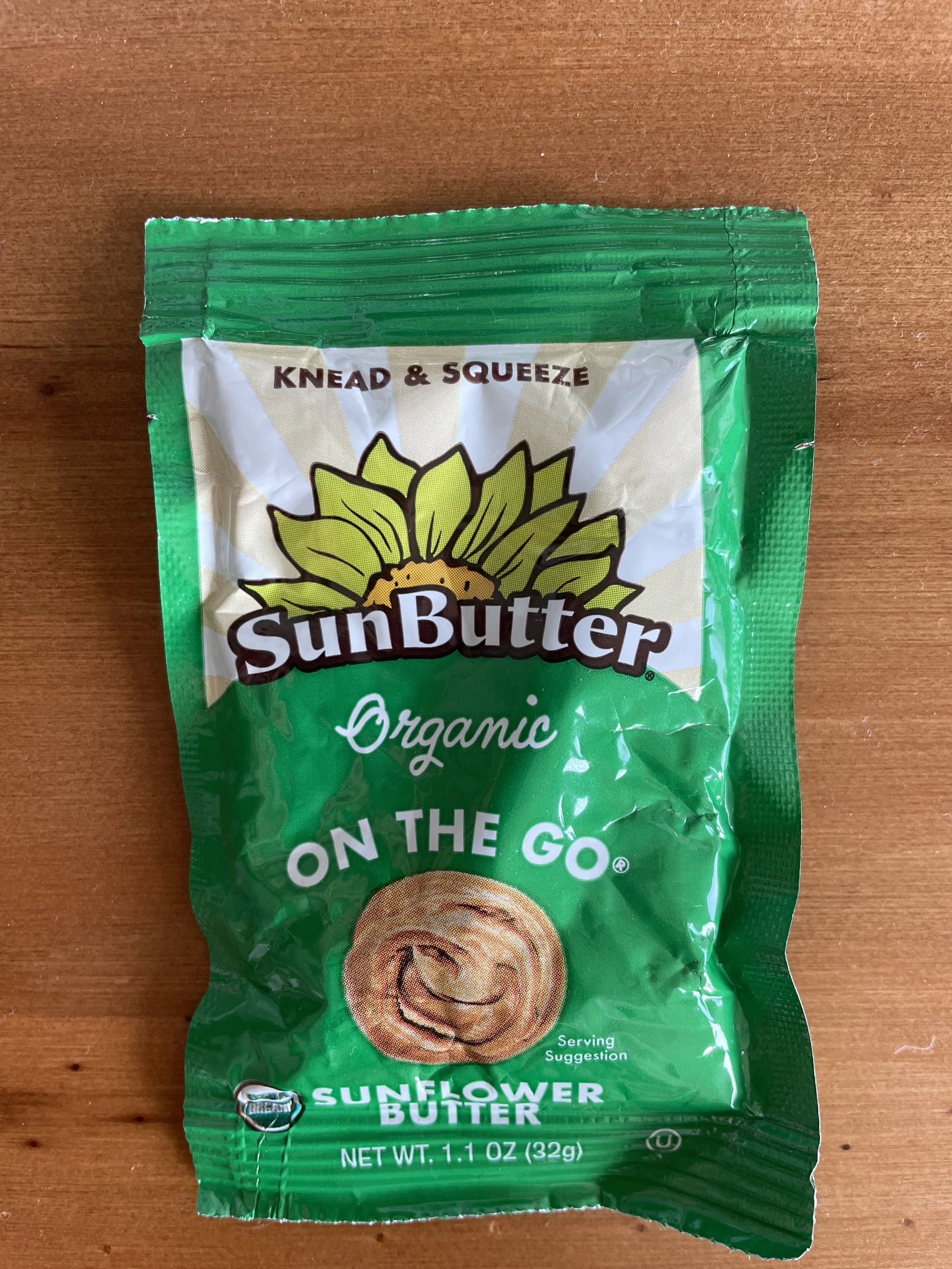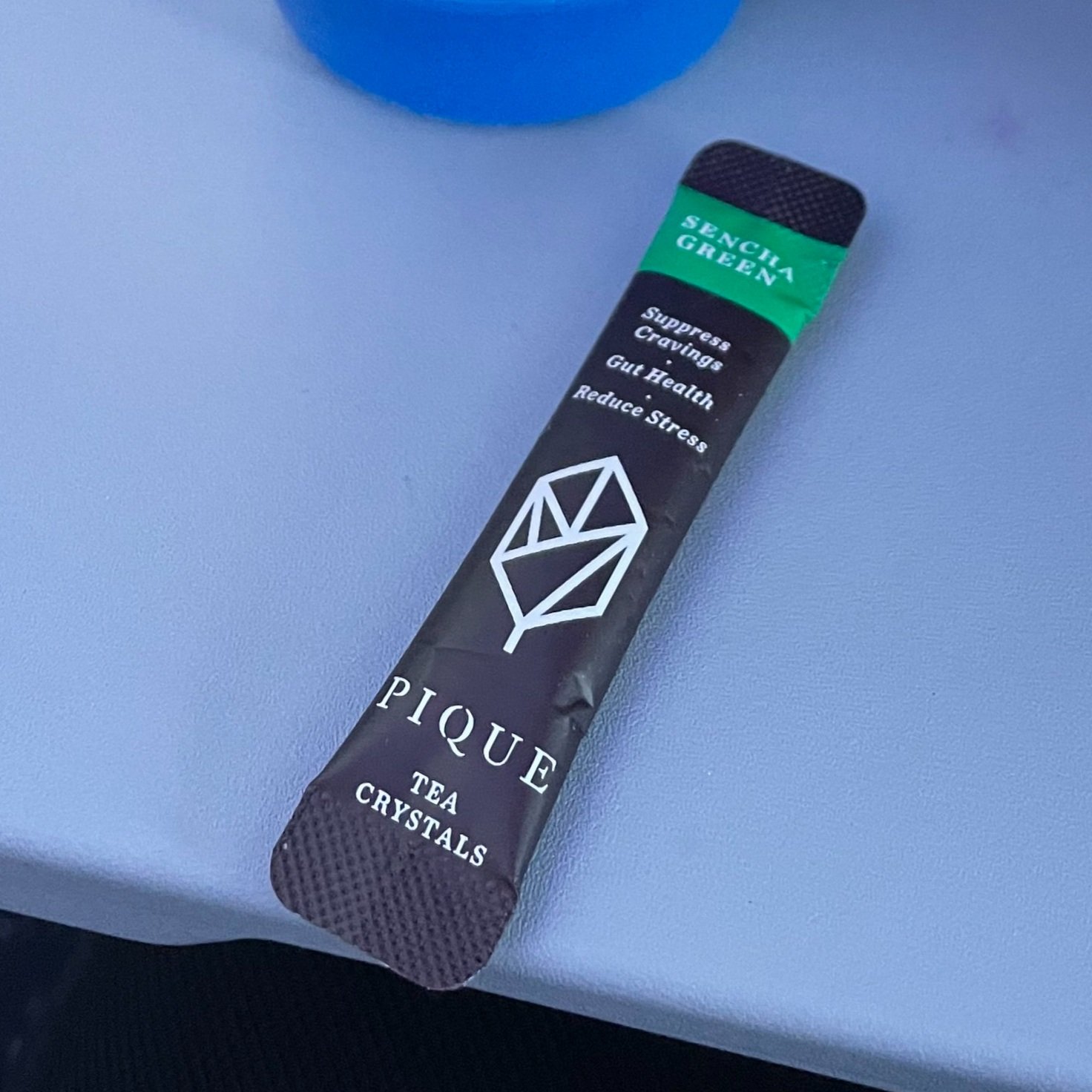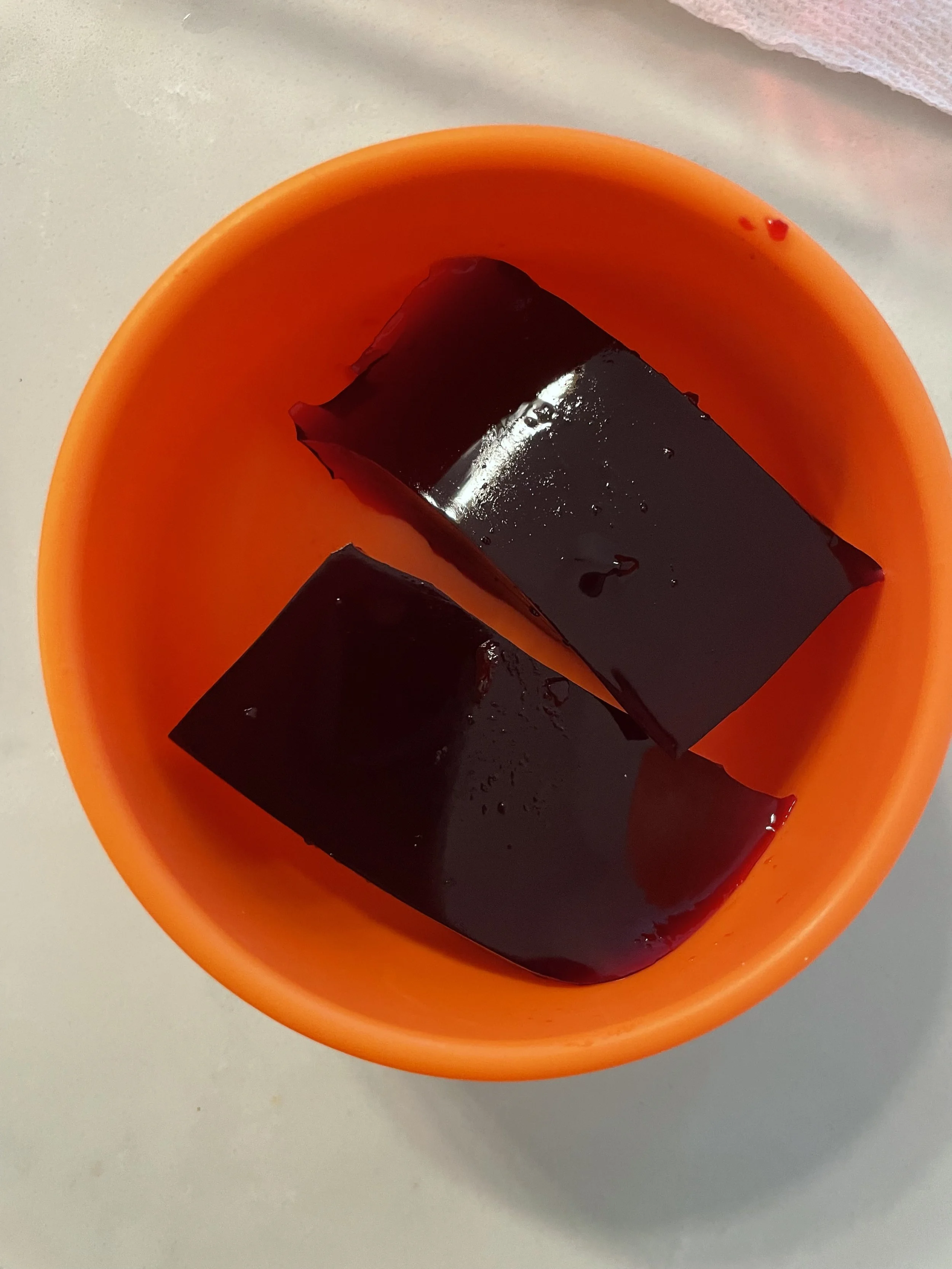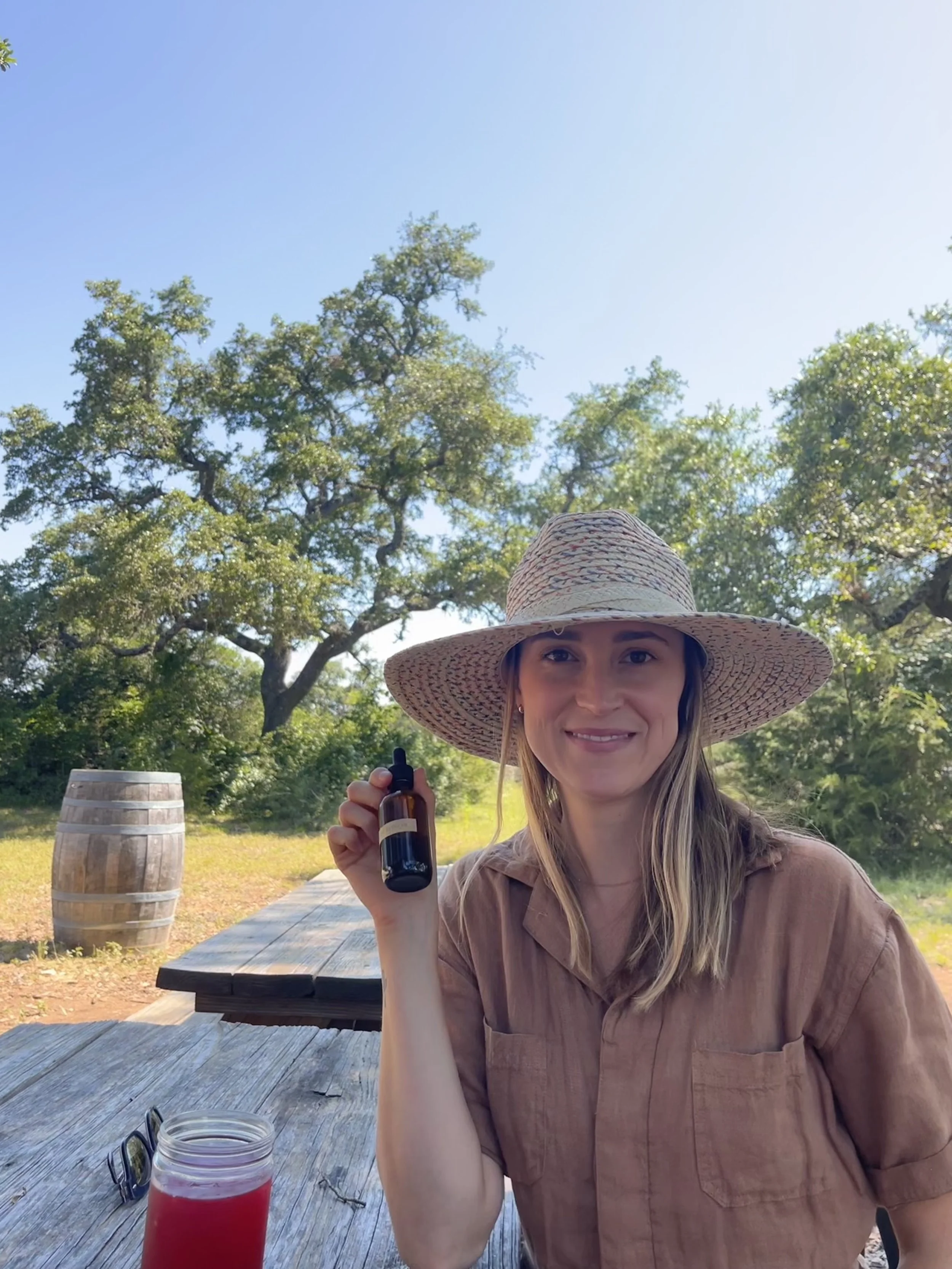5 Things To Consider If You Want To Travel Gluten Free
Ready for a Summer Road-trip or Weekend Cottage Getaway?
As someone who needs to eat strictly gluten free for the medical needs of Celiac disease, traveling comes with an extra layer of anxiety. But being gluten free doesn't stop me from traveling!
With my pro-tips for restorative and supportive gluten-free travel, you can still have the most relaxing and enjoyable time possible. Don't let your dietary restrictions hold you back - read on to learn more.
My Top GF Travel Tips:
1. BYO Snacks - Bring your own snacks! This is my #1 tip because this has saved me time and time again!
Oftentimes, on-the-go breakfasts while traveling or at hotels include gluten-filled foods like bagels and breakfast sandwiches that aren’t celiac safe! I like to focus on bringing protein-dense and gut friendly snacks and I often pair a few of the snacks below together with whatever fresh fruit I can find to makeshift a breakfast or a mini meal when I might not be in a cross-contamination-safe situation. This is especially important if you’re a diagnosed Celiac. What I throw in my suitcase:
My go-to travel snacks:
Bone broth packets*Meat Jerky Sticks* - I love Epic Bars and Chomps Sticks because they're grass fed and/or organicCollagen Peptides Packets - I add to tea/lattes or soup/bone broth when traveling for an extra protein boost!GF WHole Food Bars* - Skout Organic or Thunderbird - bars can be loaded with added sugar/sugar alcohols and seed oils, these = simple ingredients!Organic nut butter packets* (I like Sunbutter or these) - great to pair with fresh fruit, celery sticks, GF crackers or rice cakes!Certified GF/Glyphosate Free oatmeal packets (I add a packet of collagen + hot water + a nut butter packet and some fresh fruit for a quick bfast)Organic green tea* - i love this as part of my morning routine but this brand (code 'grounded' for a discount) = tested for antioxidants To buffer some of the stressors of travelGut-healer gelatin gummies* - if you have the time to prep ahead, I like to make a bunch and bring in a tupperware! Recipe here*starred items are pictured above!
2. Call Ahead - Check in with your hotel, airbnb and/or friend you’re staying with ahead of time to state your needs & make sure you can be supported!
My script for checking about gluten free safety with a front desk/kitchen - ‘Hi there, I have celiac disease which means trace amounts of gluten aren’t safe for me. Gluten = the protein found in wheat, barley, rye and most oats and cross contamination of these foods can make me very ill. This means making sure I don’t have foods from a shared fryer or on the same cooktop with gluten is important. Can your hotel (etc) accommodate for this?’
PS: Many hotels contain toilet trees like shampoo/conditioner that contain wheat - I like to BYO my own minis of these nontoxic and GF brands of hair products and bodywash.
3. Download This App - I live and die by the app Findmeglutenfree for checking restaurants and making reservations ahead of time!
This app shows you restaurants in your current location (or can be adjusted to wherever you’re going) that shows reviews from fellow gluten free diners about the food safety for celiac. I love that people will list if they have Celiac in the comments and you can also filter for dedicated gluten free spots. You can also often find restaurants at international resorts/hotels on there!
4. Pack A ‘Glutening’ Toolkit - of course, staying as safely and strictly gluten free as possible is the goal; but planning ahead in case you get gluten contaminated can make the experience that much more gentle on your body! PS: Sleep and lots of rest post glutening is paramount!
Minerals - Replete both water and minerals following a gluten episode! Often travel alone can make us prone to mineral deficiency and dehydration, let alone getting glutened and dealing with digestive issues like diarrhea!
I always BYO a little container of high quality sea salt for trace minerals and sodium as well as readymade electrolyte packets like Jigsaw Adrenal Cocktail Powder to support your basic macromineral needs (even if you don’t get glutened, with travel alone this is important!)
Bone Broth - see bone broth packets above! Bone broth contains a rich source of the amino acid glycine - which plays a role in gut tissue repair as well as calming of the nervous system.
Gut Calming Tea Infusion - Bring a few tea bags to make this infusion: I recommend this tea; infuse 2-3 tea bags in a mug of hot water covered (to trap in the volatile oils) and enjoy 1-2 cups/day. This tea has demulcent herbs like slippery elm, marshmallow and licorice that soothe the GI lining and support gut repair.
Consider Digestive Enzymes - These are quite safe, broad spectum and offers your gut additional digestive support (important for when the gut is already irritated) to take with or between meals. Wheat Rescue has specific gluten digesting protease enzymes that may assist in the breakdown of residual gluten (NOT a free pass for a celiac to eat gluten though!) and Digest by Transformation Enzymes is a great broad spectrum enzyme.
My additional recommended ‘Glutening Toolkit’ supplements are available here for clients/past clients; please consult with your provider before adding supplements
Digestive Bitters
A MUST for when I travel ;)
5. Optimize Digestion With Bitters - bitters, both digestive bitters and bitter foods are my go-to method of supporting healthy digestion when I want to avoid bloat while traveling. Often, those with autoimmunity can be a bit more sensitive to food reactions when eating out the norm and in addition, autoimmunity is often linked with sluggish digestion and nutrient absorption. Bitters help naturally support healthy bowel movements, improved digestion and absorption of food and by default, help mitigate bloat.
I love digestive bitters - a few droppers on the tongue before meals or added to sparkling water and a splash of fresh squeezed juice as a mocktail. Try JÜJ today.
Choosing bitter foods while traveling is a wonderful way to optimize digestion - some ideas for when you’re traveling = adding dark cooked leafy greens to an omelet, radish or endive in a salad/with hummus or cabbage slaw in a taco. Some of my favorite ways I eat bitter foods often are shown in this post.
If you like the pro tips above and know a friend or family member with Celiac, I recommend my cookbook How To Glow Gluten Free. It’s not only filled with yummy gluten free recipes and pantry stocking tips, it’s a ‘soup to nuts’ approach of how to support someone with Celiac disease!


